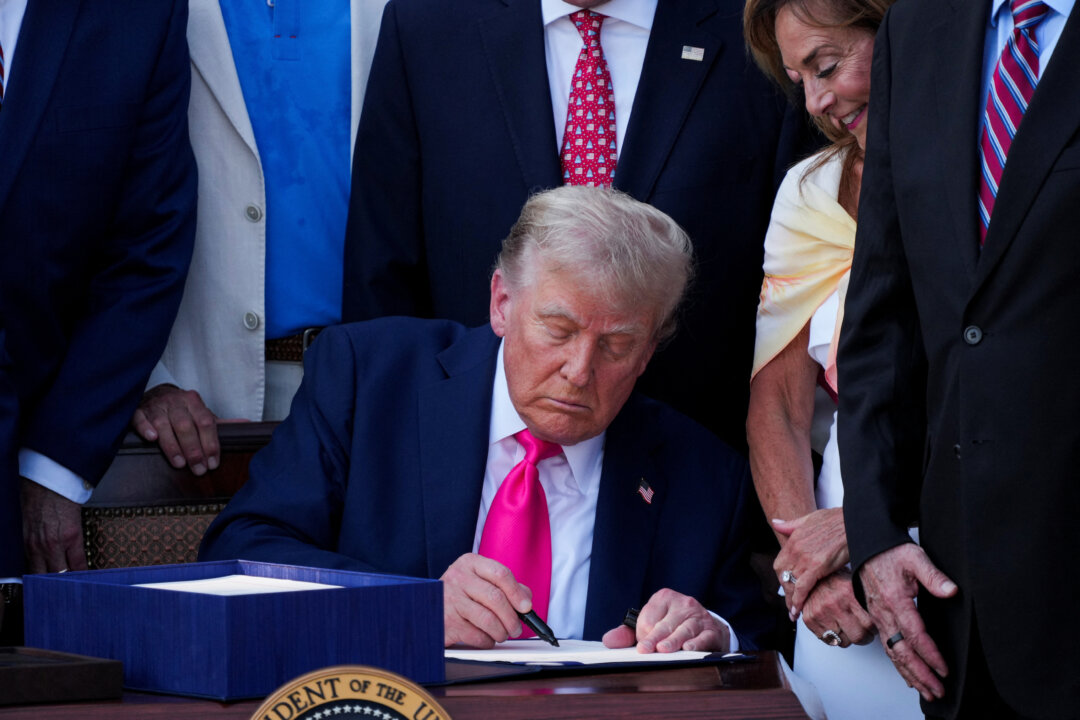In a striking move that has ignited fervent debate, President Donald Trump signed legislation eliminating approximately $9 billion in federal funding intended for public broadcasting and foreign aid. This
Did You Know
Your taste buds have a lifespan of about 10 to 14 days, after which they are replaced.
?
AD
sweeping decision, endorsed by a Republican-majority Congress, raises critical questions about the financial sustainability of key public media outlets, including NPR and PBS. With these substantial cuts, local and national stations are facing the daunting prospect of reducing programming, which could have lasting consequences for the dissemination of news and educational content across the country.
The repercussions of this bill are already being felt as many local stations warn of potential layoffs and budget shortfalls. Amid the widespread alarm over these funding losses, an unexpected wave of support has emerged, with nearly 120,000 new donors stepping forward to bolster public media during this crisis. This grassroots response showcases the deep connection many Americans feel toward their local stations and underscores a growing awareness of the important role public broadcasting plays in providing diverse perspectives and vital information.
While the Trump administration has framed these funding cuts as a necessary step toward greater government efficiency, critics argue they reflect a troubling trend of undermining platforms that inform public discourse. As public broadcasting faces uncertain times, advocates for media funding emphasize the need for continued support to ensure access to quality journalism and programming. The future of public broadcasting hangs in the balance, with many urging a reevaluation of priorities in an age where reliable news sources are crucial for a well-informed citizenry.
Q&A (Auto-generated by AI)
What are the implications of aid cuts?
Cuts to foreign aid can lead to significant repercussions, including reduced support for health, education, and development programs in recipient countries. This may exacerbate poverty and hinder progress in areas such as disease control and education. For instance, African nations may face challenges in sustaining development initiatives, which could destabilize regions and increase migration pressures.
How do foreign aid cuts affect global relations?
Reducing foreign aid can strain diplomatic relations, particularly with nations that rely on U.S. support for development. Countries may view these cuts as a withdrawal of U.S. commitment, potentially leading to decreased cooperation on international issues such as security and trade. This shift could embolden rival powers seeking influence in these regions.
What is the history of U.S. foreign aid?
U.S. foreign aid has evolved since the post-World War II era, originally aimed at rebuilding Europe through the Marshall Plan. Over the decades, it expanded to include economic and military assistance to developing nations, with a focus on promoting stability and democracy. The aid landscape has changed, reflecting U.S. foreign policy priorities and global challenges.
How does public broadcasting funding work?
Public broadcasting in the U.S. is primarily funded through a mix of federal, state, and local government support, alongside viewer donations and corporate sponsorships. Federal funding is crucial for organizations like NPR and PBS, enabling them to produce educational and cultural programming. Cuts to this funding can jeopardize their operational viability.
What are NPR and PBS's funding sources?
NPR and PBS receive funding from various sources, including federal appropriations, state and local governments, listener donations, and corporate sponsorships. Federal funding, while a smaller percentage of their overall budget, is vital for maintaining quality programming and outreach efforts, particularly in underserved communities.
















